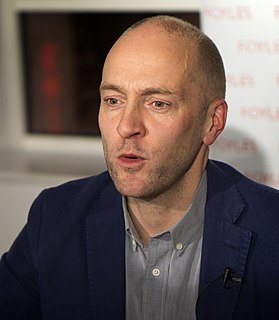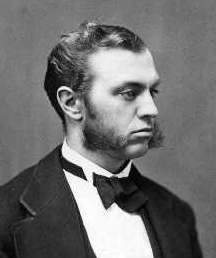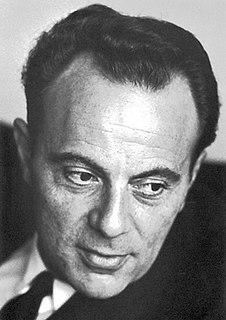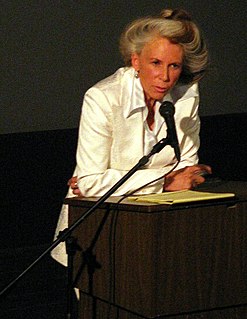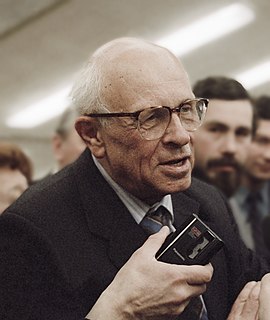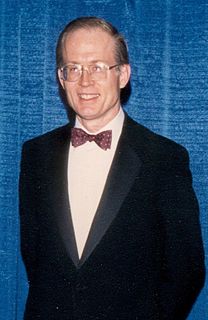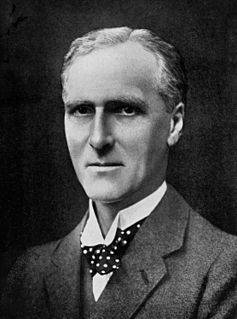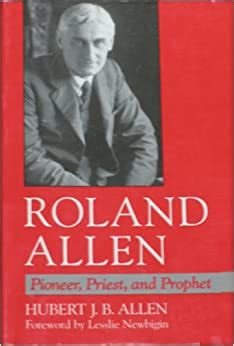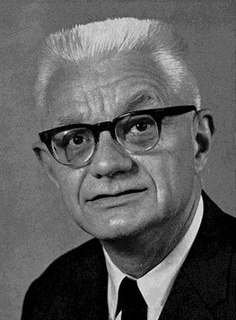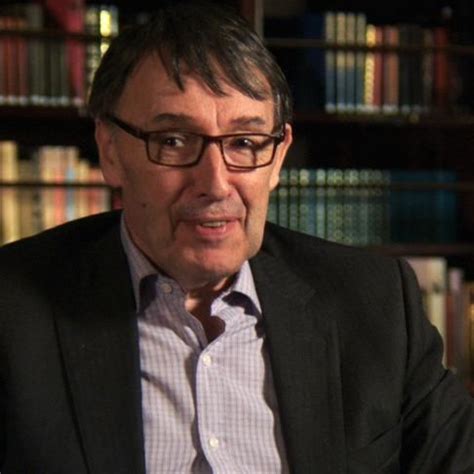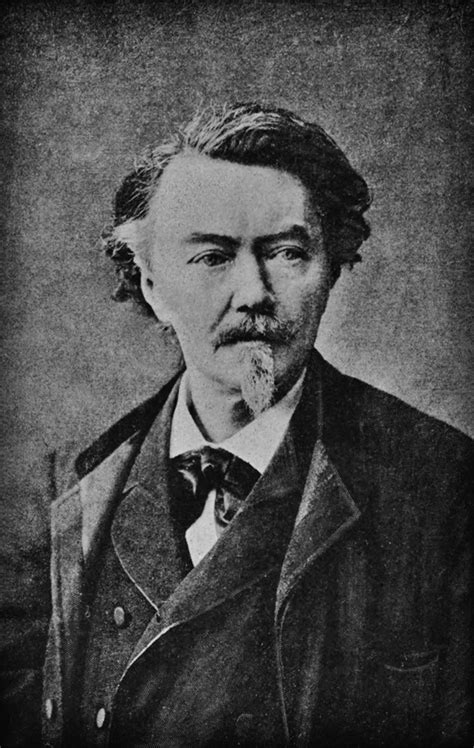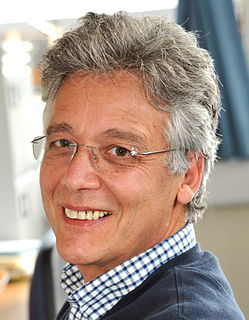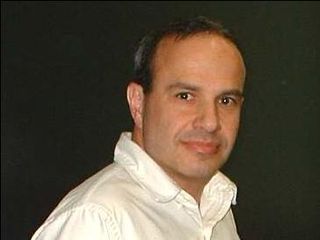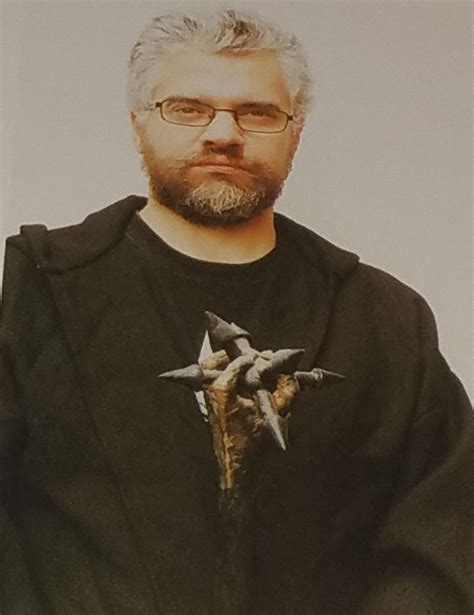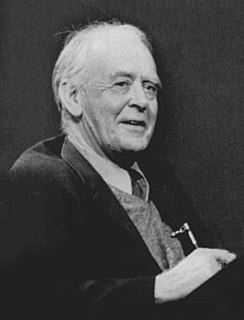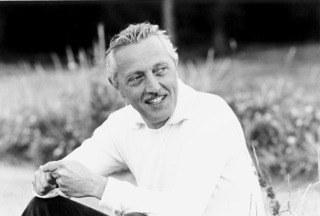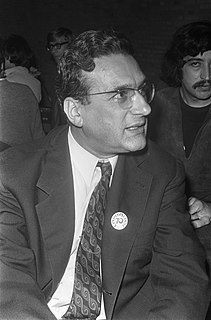Top 1200 Scientific Theory Quotes & Sayings - Page 6
Explore popular Scientific Theory quotes.
Last updated on December 20, 2024.
What is especially striking and remarkable is that in fundamental physics, a beautiful or elegant theory is more likely to be right than a theory that is inelegant. A theory appears to be beautiful or elegant (or simple, if you prefer) when it can be expressed concisely in terms of mathematics we already have. Symmetry exhibits the simplicity. The Foundamental Law is such that the different skins of the onion resemble one another and therefore the math for one skin allows you to express beautifully and simply the phenomenon of the next skin.
If white American feminist theory need not deal with the differences between us, and the resulting difference in our oppressions, then how do you deal with the fact that the women who clean your houses and tend your children while you attend conferences on feminist theory are, for the most part, poor women and women of Color? What is the theory behind racist feminism?
The fundamental characteristic of the scientific method is honesty. In dealing with any question, science asks no favors. ... I believe that constant use of the scientific method must in the end leave its impress upon him who uses it. ... A life spent in accordance with scientific teachings would be of a high order. It would practically conform to the teachings of the highest types of religion. The motives would be different, but so far as conduct is concerned the results would be practically identical.
Contrary to what I once thought, scientific progress did not consist simply in observing, in accurately formulating experimental facts and drawing up a theory from them. It began with the invention of a possible world, or a fragment thereof, which was then compared by experimentation with the real world. And it was this constant dialogue between imagination and experiment that allowed one to form an increasingly fine-grained conception of what is called reality.
We have our little theory on all human and divine things. Poetry, the workings of genius itself, which, in all times, with one or another meaning, has been called Inspiration, and held to be mysterious and inscrutable, is no longer without its scientific exposition. The building of the lofty rhyme is like any other masonry or bricklaying: we have theories of its rise, height, decline and fall -- which latter, it would seem, is now near, among all people.
Scientific and technological progress themselves are value-neutral. They are just very good at doing what they do. If you want to do selfish, greedy, intolerant and violent things, scientific technology will provide you with by far the most efficient way of doing so. But if you want to do good, to solve the world's problems, to progress in the best value-laden sense, once again, there is no better means to those ends than the scientific way.
Science has been effective at furthering our understanding of nature because the scientific ethos is based on three key principles: (1) follow the evidence wherever it leads; (2) if one has a theory, one needs to be willing to try to prove it wrong as much as one tries to prove that it is right; (3) the ultimate arbiter of truth is experiment, not the comfort one derives from one's a priori beliefs, nor the beauty or elegance one ascribes to one's theoretical models.
Scientific theories need reconstruction every now and then. If they didn't need reconstruction they would be facts, not theories. The more facts we know, the less radical become the changes in our theories. Hence they are becoming more and more constant. But take the theory of gravitation; it has not been changed in four hundred years.
What we should be teaching are the problems and holes and I think there are legitimate problems and holes in the theory of evolution. And what we need to do is to present those fairly from a scientific point of view. And we should lay out areas in which the evidence supports evolution and the areas in the evidence that does not.
Perhaps the best argument...that the Big Bang supports theism is the obvious unease with which it is greeted by some atheist physicists. At times this has led to scientific ideas...being advanced with a tenacity which so exceeds their intrinsic worth that one can only suspect the operation of psychological forces lying very much deeper than the usual academic desire of a theorist to support his or her theory.
The Relativity theory, the copernican upheaval, or any great scientific convulsion, leaves a new landscape. There is a period of stunned dreariness; then people begin, antlike, the building of a new human world. They soon forget the last disturbance. But from these shocks they derive a slightly augmented vocabulary, a new blind spot in their vision, a few new blepharospasms or tics, and perhaps a revised method of computing time.
Only the defeat of the proletariat in Germany in 1923 gave the decisive push to the creation of Stalin's theory of national socialism: the downward curve of the revolution gave rise to Stalinism, not to the theory of the permanent revolution, which was first formulated by me in 1905. This theory is not bound to a definite calendar of revolutionary events; it only reveals the world-wide interdependence of the revolutionary process.
Newton's theory is not 'not right', it just does not cover all distances. Contrary to popular belief, theories in science are not proven wrong, they are just replaced by more complete and convenient theories. To sound provocative, even the geocentric theory was never "proven" wrong, it is just not as convenient as the heliocentric theory, since it requires endless epicycles.
Henceforth, whilst there are a great many theories and models proposed as to how, or why, magic works (based on subtle energies, animal magnetism, psychological concepts, quantum theory, mathematics or the so-called anthropomorphic principle) it is not a case that one of them is more 'true' than others, but a case of which theory or model you choose to believe in, or which theory you find most attractive. Indeed, from a Chaos Magic perspective, you can selectively believe that a particular theory or model of magical action is true only for the duration of a particular ritual or phase of work.
What was needed was a literary theory which, while preserving the formalist bent of New Criticism, its dogged attention to literature as aesthetic object rather than social practice, would make something a good deal more systematic and 'scientific' out of all this. The answer arrived in 1957, in the shape of the Canadian Northrop Fryes mighty 'totalization' of all literary genres, Anatomy of Criticism .
Such is professional jealousy; a scientist will never show any kindness for a theory which he did not start himself. There is no feeling of brotherhood among these people. Indeed, they always resent it when I call them brother. To show how far their ungenerosity can carry them, I will state that I offered to let Prof. H--y publish my great theory as his own discovery; I even begged him to do it; I even proposed to print it myself as his theory. Instead of thanking me, he said that if I tried to fasten that theory on him he would sue me for slander.
My choice of colors does not rest on any scientific theory; it is based on observation, on feeling, on the experience of my sensibility. Inspired by certain pages of Delacroix, an artist like Signac is preoccupied with complementary colors, and the theoretical knowledge of them will lead him to use a certain tone in a certain place. But I simply try to put down colors which render my sensation.
We have no acceptable theory of evolution at the present time. There is none; and I cannot accept the theory that I teach to my students each year. Let me explain. I teach the synthetic theory known as the neo-Darwinian one, for one reason only; not because it's good, we know that it is bad, but because there isn't any other. Whilst waiting to find something better you are taught something which is known to be inexact.
